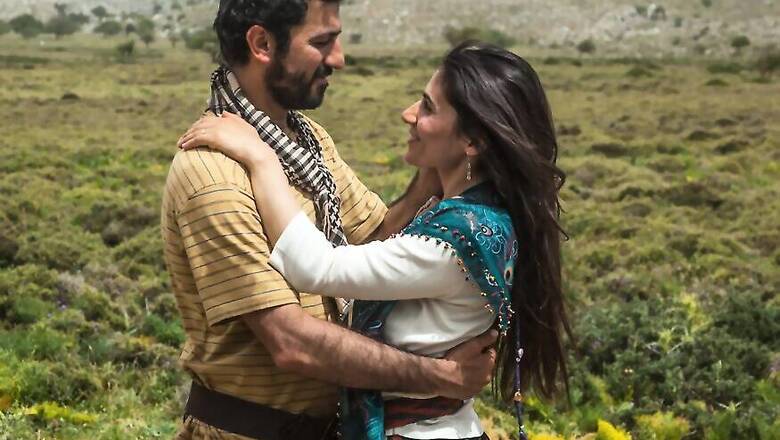
views
There are times when films frighten me. The stories they tell and the images that flash across huge giant screens are full of horror. Can these all be true? I wonder. I know, I know that cinema often seeks inspiration from society. Yes, a writer or a director enjoys the liberty to resort to artistic licence, sometimes indulge in exaggerations. But in my fairly long dalliance with cinema, I have never found it so sad and sorrowful, bitter and brutal, gory and gruesome.
Now at the Dubai International Film Festival, I have been watching a whole lot of movies that have more rancour than joy, more revenge than forgiveness. Take Sahim Omar Khalifa's Zagros that to me seemed like a Shakespearean tragedy retold. About Zagros, a shepherd on the hills of Kurdistan, who leads a blissful content life tending to his flock and returning home to his city-bred wife, Havin, and their little daughter, the film is a hard look at how a man's suspicion and jealousy can destroy just about everything.
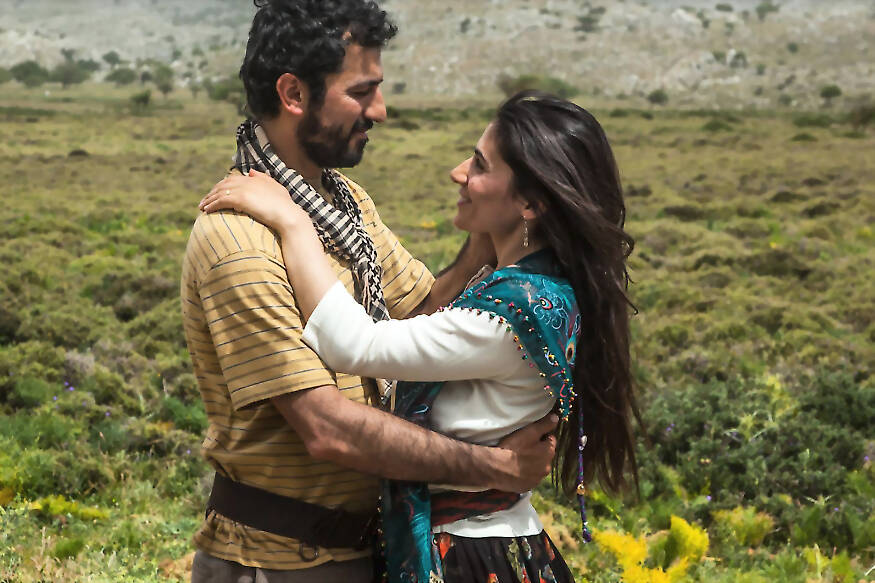
When Havin begins to feel annoyed and uncomfortable with the ways of her in-laws and the narrow-mindedness of the village, still shackled to medieval ways of thinking, she flees to Belgium. Zagros, deeply in love with his wife, follows her, but the couple find no peace there – particularly after the man's father lands there with a fatwa. Kill your wife, he commands his son. She has been unfaithful to you. She is nothing but a whore, the old man breathes fire.
Zagros is consumed by suspicion, and when he begins to harbour doubts about Havin's cousin in Belgium, it looks like the last nail has been driven on the the couple's relationship. And much like Othello, Zagros yields to murderous thoughts. As Havin lies dying, she utters just one word. Idiot. How true, how very true.
The other movie that stayed with me was one from Tunisia. Called Beauty and the Dogs (by Kaouther Ben Hania). The film examines police brutality, more its callousness and unfeeling attitude towards the community it is meant to serve.
Young Mariam goes to a college party, and coaxed by her friend, she gets into a skimpy outfit. At the party, she meets Youssef, and the two step outside on the beach to steal a kiss. And the movie cuts, and we see an almost hysterical Mariam running on the road with Youssef following her. Is she escaping his advances? No, we are then told that she has been raped by cops in a car, and then begins the young woman's night of nightmares.
Pushed from one police station to another by men more interested in humiliating than helping her, and knocking on one hospital after another in order to get a medical certificate necessary to lodge a complaint, Mariam is at her wit's end when she finds that even a woman cop is brutish.
However, the film ends on a note of hope, but not before telling us that men in uniform are often tempted to misuse the very powers meant to serve the community.
Interestingly, in the many years that I have been watching Arab cinema, I notice now that it is coming of age. This year at Dubai, I found the films from the region particularly bold. They were less sugary and sweet, more forthright and faithful to pressing issues. Which is a wonderful thing.
(Author, commentator and movie critic Gautaman Bhaskaran is now covering the 14th Dubai International Film Festival)












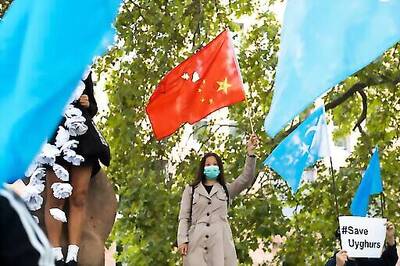
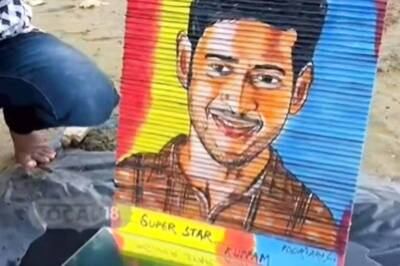

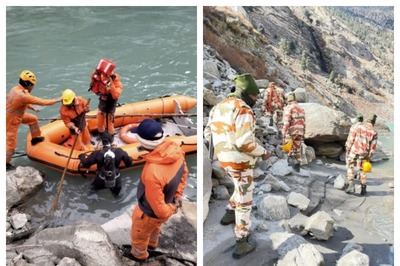

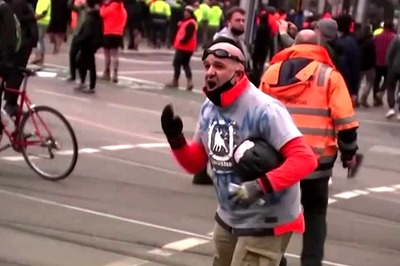

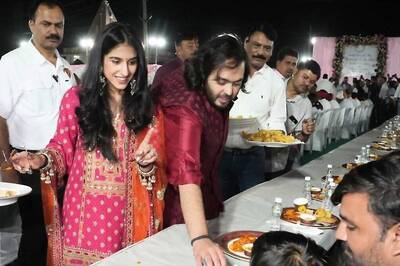
Comments
0 comment